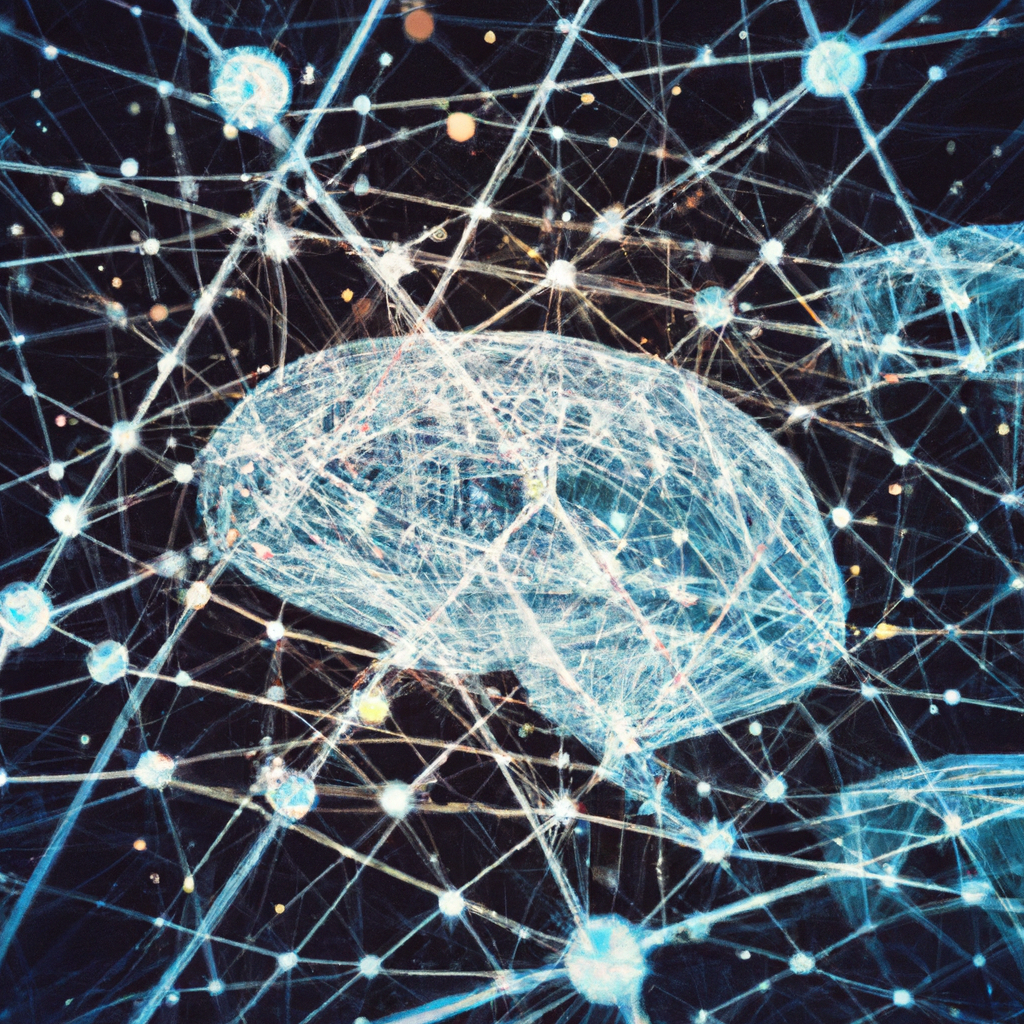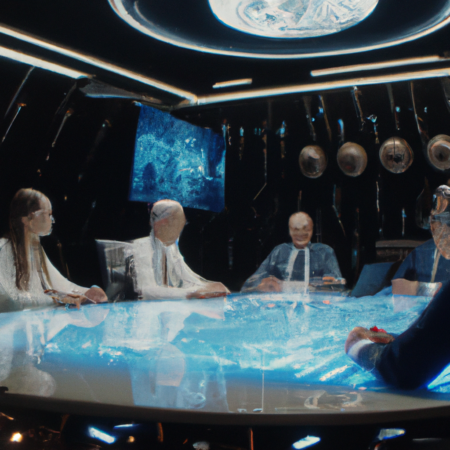Exploring the Quantum Brain: Linkages Between Quantum Mechanics and Human Cognition
As we venture further into the second quarter of 2025, the intersection of quantum mechanics and neuroscience has become a thrilling frontier in scientific research. This post delves into how quantum theories are potentially the key to unlocking mysteries of human cognition and consciousness.
Quantum mechanics, traditionally confined to the microscopic world of atoms and particles, is now being scrutinized for its role in the macroscopic realm of the brain. The theory that consciousness and quantum processes are intertwined suggests a fascinating weave of physics into our daily lives and mental states.
Recent studies and experiments provide compelling insights into ‘quantum cognition’, a theory suggesting that quantum mechanics plays a part in how we think and make decisions. This concept challenges the classical views of neuroscience and invites a paradigm shift in understanding cognitive processes.
For example, researchers have observed phenomena like superposition and entanglement, principles of quantum theory, mirrored in human decision-making processes. This indicates a non-binary, more fluid approach to solving problems and making choices, similar to how particles behave at a quantum level.
Furthermore, the implications of quantum biology in neuroscience could redefine our understanding of neural connectivity and brain functionality. The synchronization of neurons might be akin to quantum entanglement, where particles remain interconnected regardless of distance.
As we continue to explore this intriguing field, the potential applications of quantum cognitive sciences could revolutionize areas such as artificial intelligence, machine learning, and even mental health therapies. The integration of quantum mechanics with cognitive science not only broadens our understanding but also opens new avenues for technological advancements.
In conclusion, the quantum brain hypothesis presents an exciting realm of possibilities. As research progresses, the future of cognitive science is poised for groundbreaking discoveries that could transform our approach to education, mental health, and artificial intelligence.






